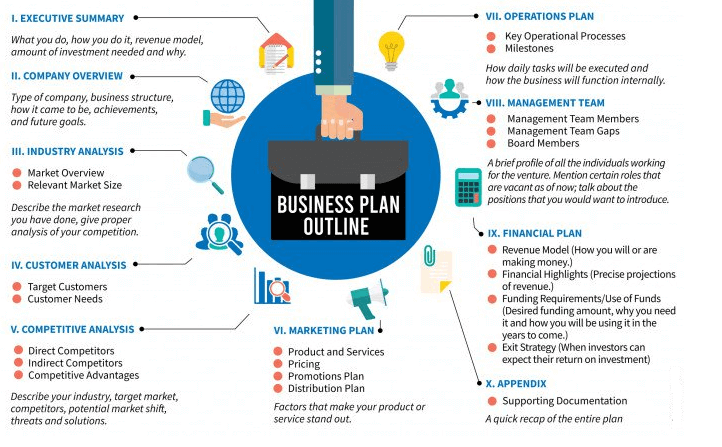So, you’ve got some cash sitting in your company’s account. That’s fantastic! But is it just… sitting? Idle cash is a missed opportunity. Smart cash investments can help your business grow, generate returns, and even provide a safety net. But where do you even begin? Let’s dive into the world of corporate cash investments and explore the options available to you. We’ll cover the types of investments, how to choose the right ones, and what to consider before taking the plunge.
Understanding Company Cash Investments
What exactly are company cash investments? Simply put, they’re short-term, low-risk investments that businesses use to park their excess cash. The goal is to earn a modest return while maintaining liquidity. It’s about making your money work for you, even when you don’t need it immediately. Think of it as a temporary parking spot for your funds, earning a little interest while they wait for their next big assignment within the company;
Types of Company Cash Investments
The world of cash investments offers a variety of options, each with its own risk and reward profile. Let’s explore some common choices:
Money Market Accounts for Company Cash Investments
Money market accounts are offered by banks and credit unions. They typically offer higher interest rates than traditional savings accounts, but may have minimum balance requirements. They are generally very safe and liquid.
Certificates of Deposit (CDs) as Company Cash Investments
CDs are time deposits held at a bank. You agree to keep your money in the CD for a specific period (e.g., 6 months, 1 year) in exchange for a fixed interest rate. Early withdrawal usually incurs a penalty.
Treasury Bills (T-Bills) for Company Cash Investments
T-Bills are short-term debt securities issued by the U.S. government. They are considered very safe and are sold at a discount, with the investor receiving the face value at maturity.
Commercial Paper as Company Cash Investments
Commercial paper is unsecured, short-term debt issued by corporations. It’s generally considered a higher-risk investment than T-Bills, but can offer higher returns.
Government Bond Funds for Company Cash Investments
These funds invest in a portfolio of government bonds, offering diversification and professional management. However, they are subject to interest rate risk.
Interesting Tip: Consider laddering your CDs. This involves purchasing CDs with staggered maturity dates. As each CD matures, you can reinvest the proceeds at the current interest rate, potentially maximizing your returns over time.
- Money Market Accounts: Safe, liquid, but lower returns.
- Certificates of Deposit (CDs): Fixed term, fixed rate, potential penalties for early withdrawal.
- Treasury Bills (T-Bills): Very safe, backed by the U.S. government.
- Commercial Paper: Higher risk, higher potential return.
Factors to Consider Before Investing Company Cash
Before you jump into any investment, take a moment to assess your company’s needs and risk tolerance. This isn’t a one-size-fits-all situation!
Liquidity Needs for Company Cash Investments
How quickly might you need access to your cash? If you anticipate needing funds in the near future, prioritize highly liquid investments like money market accounts or T-Bills.
Risk Tolerance When Making Company Cash Investments
Are you comfortable with the possibility of losing some of your principal? If not, stick to low-risk options like government-backed securities.
Investment Horizon for Company Cash Investments
How long do you plan to invest the cash? This will influence the types of investments you consider. Longer investment horizons may allow for slightly higher-risk, higher-return options.
Pro Tip: Don’t put all your eggs in one basket! Diversification is key to managing risk. Consider spreading your cash investments across different types of assets.
How to Choose the Right Company Cash Investments
Choosing the right cash investments requires careful consideration of your company’s specific circumstances. It’s a balancing act between risk, return, and liquidity. Ask yourself, what are your priorities?
- Define your goals: What are you hoping to achieve with your cash investments?
- Assess your risk tolerance: How much risk are you willing to take?
- Consider your liquidity needs: How quickly might you need access to the funds?
- Compare different options: Research the various types of cash investments and compare their features and benefits.
- Seek professional advice: If you’re unsure, consult with a financial advisor.
Frequently Asked Questions About Company Cash Investments
Investing your company’s cash wisely can make a significant difference to your bottom line. It’s about finding the right balance between safety, liquidity, and return. Don’t let your cash sit idle; put it to work! Remember to carefully consider your company’s needs and risk tolerance before making any investment decisions; And when in doubt, seek professional advice. With a little planning and research, you can unlock the potential of your company’s cash reserves.






